Prominent Activist and Co-Founder Peoples Vigilance Committee on Human Rights (PVCHR), Lenin Raghuvanshi in a conversation with Mushtaq Ul Haq Ahmad Sikander, about his early life, influences, work, Hindutva and future plans
Tell us something about yourself?
I was born in plural family. Each member was different from another, yet they lived under one roof. My Grandfather was Gandhian, but there was contrast in him as he was a socialist and atheist too. My grandmother was religious. My father initially joined RSS, but Grandmother told him that the uniform black cap of RSS is anti-Hindu. Then my dad became a communist, but he is still religious. There was always an ideological tussle going on between my grandparents and parents. My Grandfather wanted me to be a Gandhian and my Father wanted me to become a communist. Hence this tussle gave me an exposure to varied shades of opinion since my childhood. Later on I self studied various philosophies, ideologies and religions, and five great people influenced my life and thoughts particularly and they include Prophet Jesus (pbuh), Prophet Muhammad (pbuh), Karl Marx, Buddha and Dr.B.R Ambedkar. I grew up in the Eastern part of Uttar Pradesh (U.P) that has nationalist links with mainstream India. Though in certain parts of U.P, RSS and Congress type mentality also prevails. But I envisage that we create different nations within India, as India has the potential for tolerating many sub Nations.
What is your educational background?
I studied Indian Medicine system at a Gurukul Kangri in Haridwar.
Keeping in view your professional education background, how were you inclined towards activism?
As I stated earlier that my father wanted me to become a full time Communist Party worker, but I wasn’t inclined to it whole heartedly. In 1989, I joined United Nations Youth Organization and started my activism with that. In 1993 I came to head its U.P chapter. In the same year we started Bachpan Bachao Aandulan (Movement for saving childhood). During that movement, I witnessed that there were no child laborers from upper caste people. Meanwhile I also got married in 1992, and my spouse also helped me in my activism and believed in my work.
So when and what reasons led to the establishment of Peoples Vigilance Committee on Human Rights (PVCHR)?
In 1996, I along with my wife Shruti founded the PVCHR. It is a community based organization, to break the closed, feudal hierarchies of conservative slums and villages by building up local institutions and supporting them with a high profile and active human rights network. The caste based violence, exploitation of poorer sections of the society and the marginalization of Dalits and Adivasis led to the establishment of PVCHR.
What kind of activities does PVCHR engage with?
We work against the Caste system and the structural prejudice associated with it. We work for the reconciliation among communities. We are also working for making the environment conducive for Truth and Reconciliation. We are initiating a discussion about democracy and human rights in the cow belt. Presently we have more than fifty thousand members and in more than four hundred villages we are carrying out our activities.
So did your efforts help in bringing any Positive change?
Yes, there is a lot of change in more than two hundred villages. Since 2000 there has been no communal violence in Banaras, heart of the cow belt. Many religious leaders have united against Hindutva Fascism. The Mushar community has become confident and an indigenous leadership has evolved among them. 2/3rd Dalits, Muslims and OBCs are elected members in Governing Board of PVCHR from 2010.
Do you face any threats or intimidation regarding your work?
Yes the threats and intimidation tactics are very common, both by State and Non State actors.
Is PVCHRs particular focus presently on torture victims?
Yes, we are strongly focusing on the victims of torture. Since 2008 we are using Testimonial Therapy developed by PVCHR and Danish Organization Research and Rehabilitation center for Torture Victims (RCT) for the survivors of torture, in order to make them overcome the aftermath trauma associated with torture. Our testimonial Therapy model are using by partners of RCT in Srilanka, Cambodia and Philippines.
You have been talking and writing about what you call as the “Culture of Impunity” as prevalent in India. What does this Culture of Impunity mean?
Peace without Justice and suffering in silence is culture of impunity. Our constitution is modern but the rules are colonial. The Police Act 1861, can be a reference point. It was implemented by the British in India after the 1857 mutiny. It was anti India in its connotations and stature, but still there has been no change in it despite the fact that British left India in 1947.
So how to Fight and Resist against this culture of impunity?
The culture of impunity breaks humans. During the freedom struggle Muslims were fighting alongside with other communities, but where are they now? This culture of impunity has wrecked much harm and is responsible for numerous atrocities against minorities, dalits and adivasis. It helps the guilty, culprits and perpetuators of these atrocities go scot free. We still have draconian laws like Armed Forces Special Powers Act (AFSPA) imposed on various parts of India, where the security forces have committed grave human rights abuses because of this blanket culture of impunity. We must educate, organize and agitate against this culture of impunity. We must be able to provide Psycho-Social support to the victims. Then there is a need to create debate about this culture of impunity. For Justice to be established we need to tell the truth and put up the facts before the people.
What is your opinion about the Hindutva fascism and their suppression of minorities?
We had a strong Dalit movement before formation of RSS in 1925. We have saints like Kabeer, Raidas who were an epitome of our syncretic, plural and tolerant Indian culture. Hindutva has nothing to do with Hindu religion per se. The Hindutva ideology was a manifestation of British colonialism. The greatest ideologue of RSS Guru Golwalkar himself advised RSS cadres not to fight against the British occupation. They have an expansionist ideology. On one hand they are exploiting the dalits and on the other they are attacking other nationalities. They are even unhappy with me as I am fighting against casteism that forms a fundamental feature of their ideology. But the unfortunate part of the whole matter is that now major political parties are influenced by Hindutva ideology.
You have also been writing that caste based structural biases and violence is embedded in our system. How do you explain the same?
During childhood days my grandma used to tell me, not to eat while facing south, neither sleep keeping your legs in the direction. Elderly in the village said not to visit southern quarter of the village. Since childhood I used to wonder what the secret of this word ‘Dakhkhin Tola’ (south ghetto) is.
As I grew up, started reading, started social activism, fought for the rights of bonded labours and traveled across the globe then I realized that in the south of every village there is South Africa (a Dalit quarter ) as ‘culture of silence’.
The silence imposed by draconian suppression sanctified by religious rituals of the Upper Caste was such that the outside world knew little about this colossal cruelty. Justice V.R.Krishna Iyer, former Judge, Supreme Court of India described the plight of the Dalits in the following words, “Courts to them are alien, laws their enemy and human justice their despair.”
The caste system continues to determine political, social, and economic lives of a billion people in South Asia. The caste system, straddling across the scrawny shoulders of the Untouchables, is like that Old man in Tolstoy’s story, who has all the sympathy for the poor bearer and would like to do anything but to get off his shoulder. The most significant aspect of caste is its ability to resurface without a trace of remorse on the part of the perpetrator. It is like that chemical addiction which once had makes you vulnerable to its guiles forever.
American modern conservative thinker Edmund Burke says correctly about India many years before, “In that Country the law of religion, the laws of the land, and the law of honour, are all united and consolidated in one, and bind a man eternally to the rule of what is called his caste.”
Traditional political system and Hindu fascist forces are trying hard to maintain the old system of the power game. Money and muscle power, together with political string-pulling, often result in denial of justice for the hapless ‘have-nots’, especially the Dalits (untouchables), ravaged by poverty and illiteracy.
Atrocities and extortion on the Dalits, fake encounters, refusal to register complaints against the well-heeled, arbitrary arrests on false charges, illegal detention and custodial deaths are in commonplace.
In the absence of a modern social audit system, the keepers of the law often unleash a ‘police raj’, especially in rural India. A crippled National Human Rights Commission and its state subsidiaries with limited recommendatory control and a dysfunctional Legal Aid System depict a gloomy picture indeed.
Ironically, even after having shed the colonial yoke, its legacy continues in the administrative framework of our independent India marked with widespread corruption which has rendered many government-sponsored schemes in rural India a failure.
You have also written that Indian police has learnt the tactic of Community Punishment from caste system. How can these two be related?
You can witness this fact in India. If an upper caste person commits a crime, if ever he is punished, he will bear it solitarily. But if a lower caste person commits any crime the whole community will be punished for one man’s deeds. The Police have learnt community punishment from casteism. Also see how the Caste and Class structures are reinforced by the state machinery. Why are the regiments named on caste and class denominations like Rajputana, Dogra etc, whereas such amalgamations are contradictory to the constitution?
The Police atrocities against common people particularly the marginalized sections of society are growing with each passing day. What are the reasons responsible for that?
Police is the prime executive for the protection of Human Rights of common people. But in India the mindset of Police as inculcated by 1861 Police Act is synonymous to the British period when the Police saw all Indians as enemies. Even after Freedom Indian police witnesses citizens as its enemies. Hence the police reforms are must. We also need representation of minorities and marginalized sections of society in the police in order to change its outlook, bias and perception about them.
In most cases where the Police is found guilty of committing atrocities against the innocent civilians, we witness that they usually go scot free, while the innocent continue to suffer?
The prevalent culture of impunity is responsible for the guilty policemen going scot free. In Crpc and AFSPA the police and army have got the legal impunity that makes their persecution or punishment impossible. We want to amend and remove these draconian laws. Armed Forces Special Power ordnance was imposed by the British colonial administration to crush the Quit India Movement that started in 1942, but even after Freedom Indian State implemented more draconian law as Armed Forces Special Power Act(AFSPA). Indian State is still not ready to pass the Anti Torture Bill. How can in such an environment you hope for policemen to be punished. These black laws create problems for National integration. We need to fight the mindset that is obstructing the amendment or revocation of these draconian laws, under the veil of National interests and sovereignty.
The growing corporatization is having severe ramifications on Nation Building and integrity. How can we resist this onslaught?
We need to strength the Neo Dalit movement. Neo-dalit campaign is against politics of division, exploitation and hatred with an alternative of unity of broken masses on base of reconciliation, democracy, secularism and non violence. First unity is unity against caste system, a historical system of exclusion i.e. unity among the lower castes people that have been suppressed since centuries with the progressive anti-caste people born in upper caste. This will be first of its kind unity, which will not be against any person born in to upper caste communities neither against any religion. Second unity is unity among minorities and communities who suffered with communal fascism, those who believe in communal harmony and people with secular values against neo-fascism. Unity of all poor from all communities against the suffering with neo-liberal policy is the third kind of unity. Fighting against neoliberal policy is not against democratic capitalism for people. Since those broken with different kinds of suppression and exclusion means dalit therefore these three kinds of unities is base of impart the neo-dalit movement. These three need to join hands and unitedly fight against the menace of corporatization based on exclusion, anti-people and anti-environment norms. We are opposing the corporatization whereas attacking cultural imperialism too, and trying to build pressure on Government through people demand for more budget on social structure such as education, health etc . If we will not fight against corporatization, they will make the country and people slave to their corporate goals.
Given your busy activist schedule, how do you balance that with your personal family life and its demands?
My wife Shruti is also an activist, while our son Kabeer is an independent child. We still live together in a joint family and I visit my parents when I find time.
So what are the future plans of PVCHR?
We are going to work in Kashmir, not for political negotiations or for solving Kashmir issue. We want to meet the victims and survivors of torture. We want to ask for pardons for the atrocities committed by the Indian State, and start reconciliation with people of Kashmir. We also want to offer psychological support to the victims of torture through Testimonial Therapy.
Any message for people?
The people must believe in themselves. The need of the hour is to create new dynamics and debate within India. The people musty make alliances with Dalits, Anti-Hindutva Movement and other marginalized people. The debate about Kashmir must be initiated within Indian particularly the cow belt, and it is obligatory on Kashmiris to change the mindset of the inhabitants of cow belt as far as Kashmir and other issues are concerned.
Lenin Raghuvanshi can be reached at pvchr.india@gmail.com
Mushtaq Ul Haq Ahmad Sikander is Writer-Activist based in Srinagar, Kashmir and can be reached at sikandarmushtaq@gmail.com





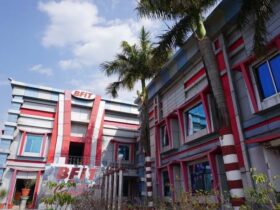



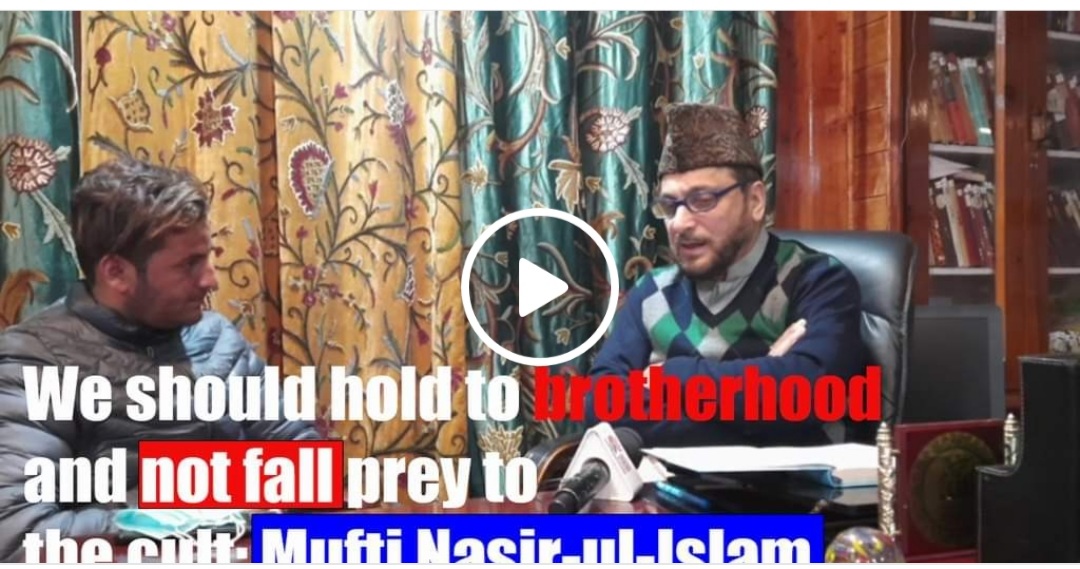
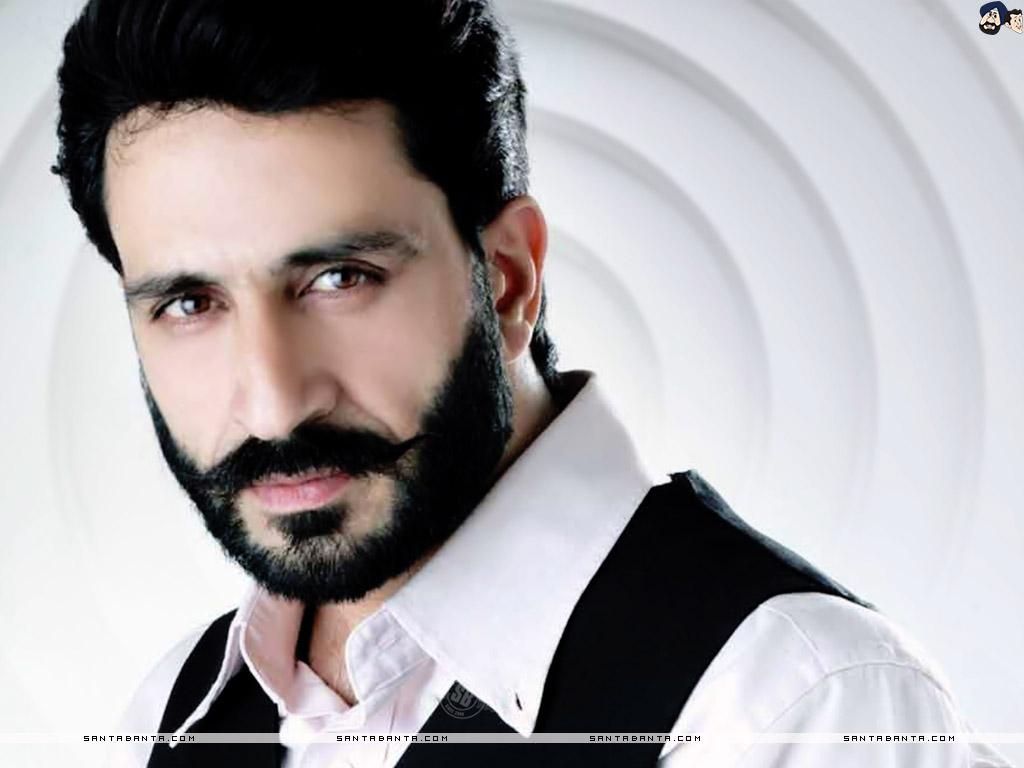
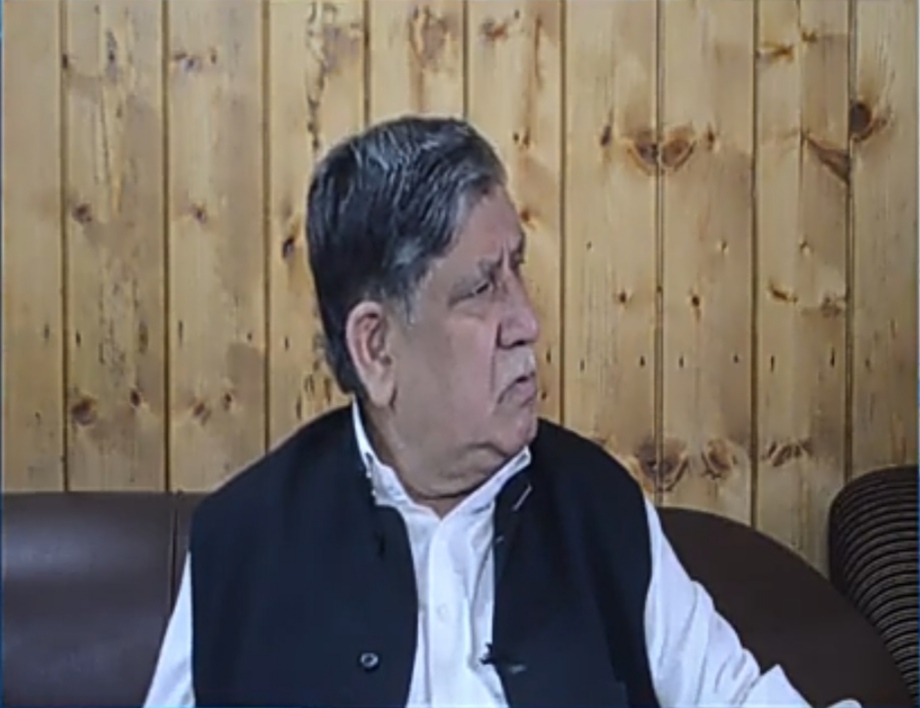
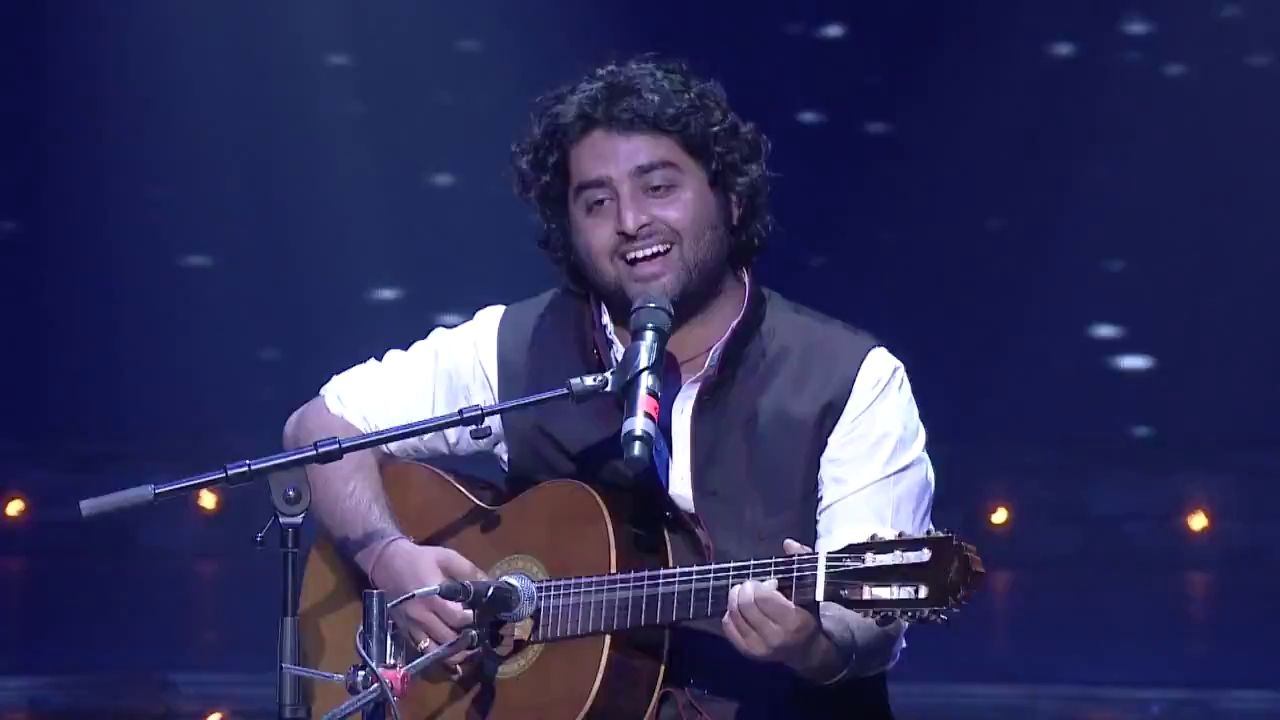
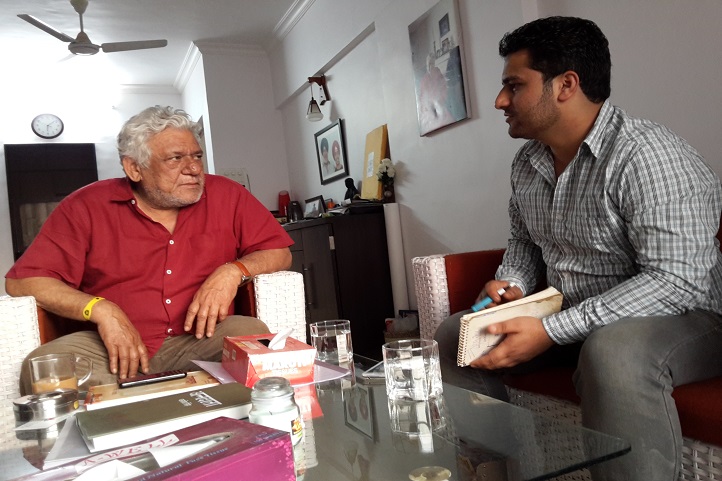
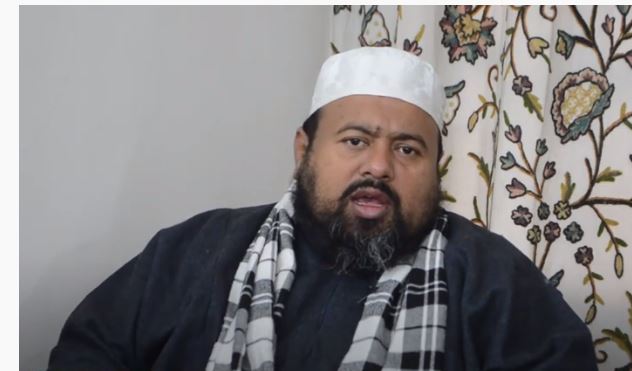
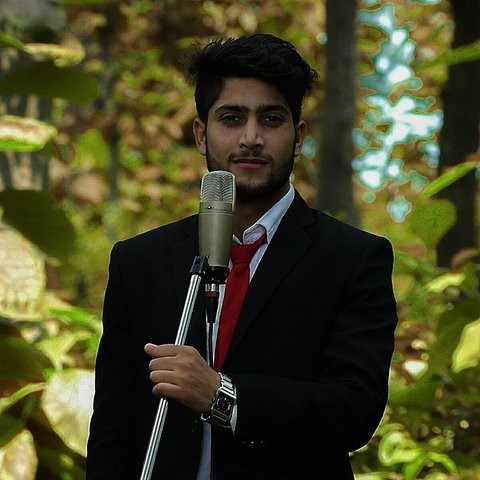
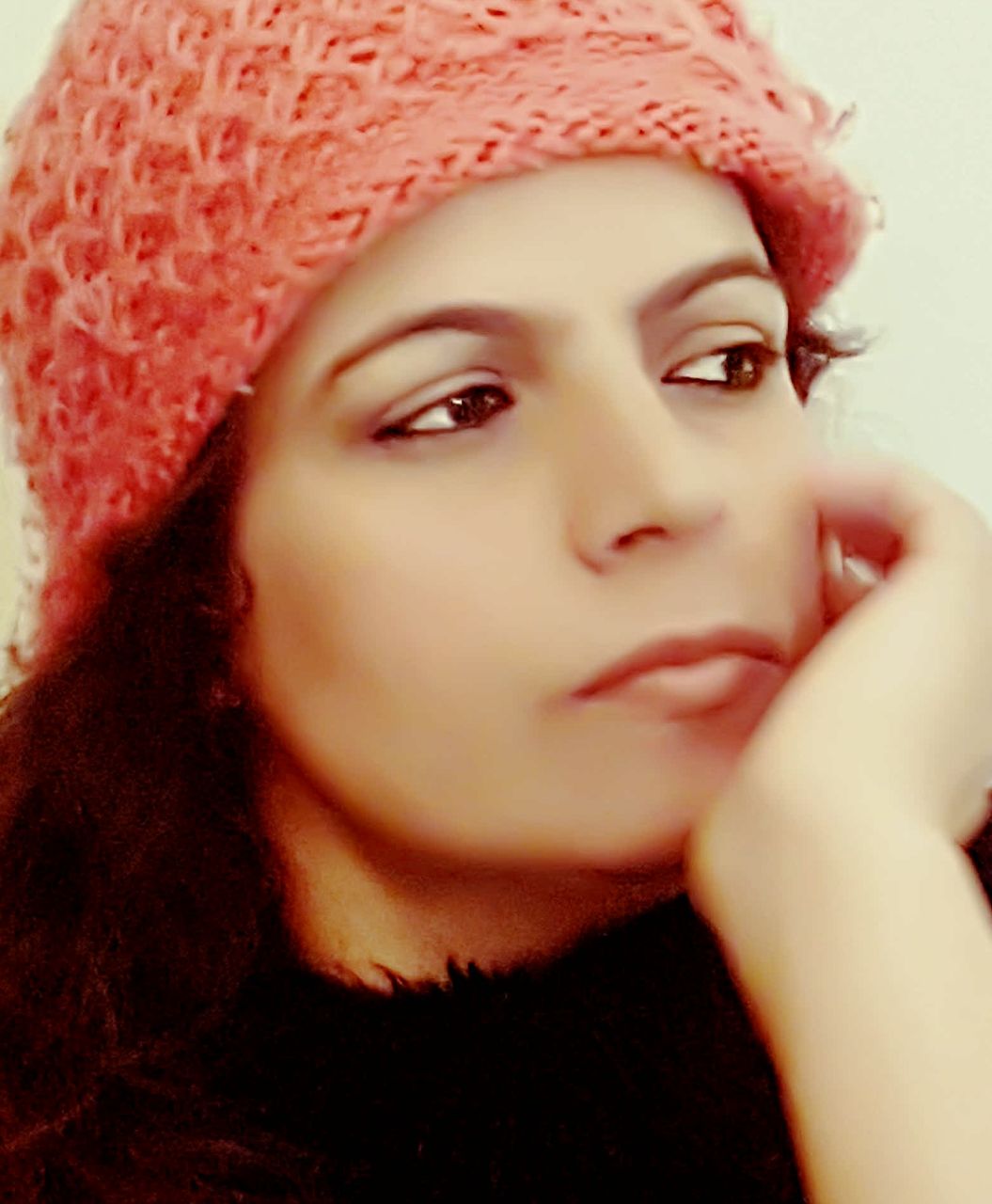
Leave a Reply